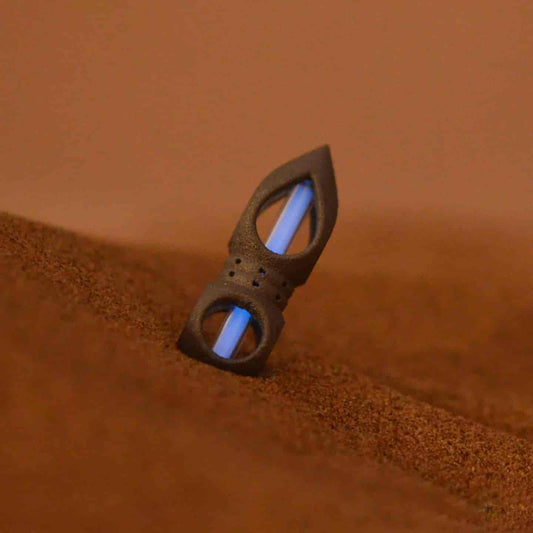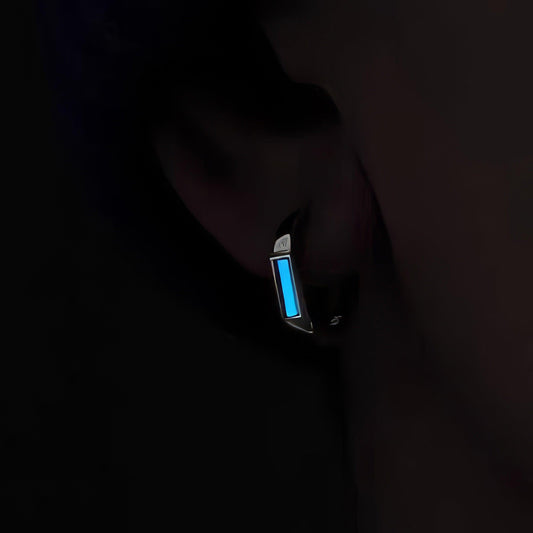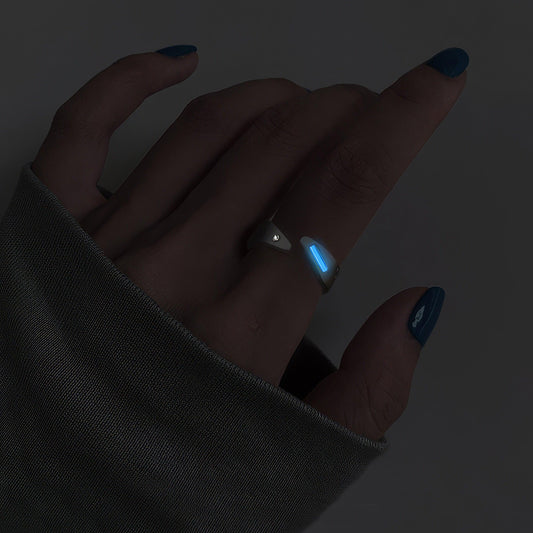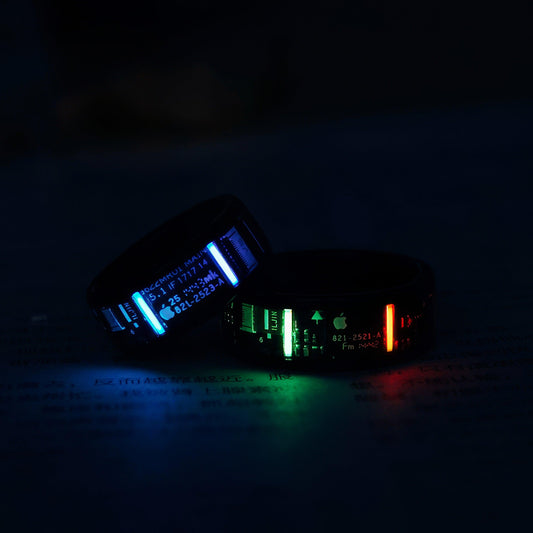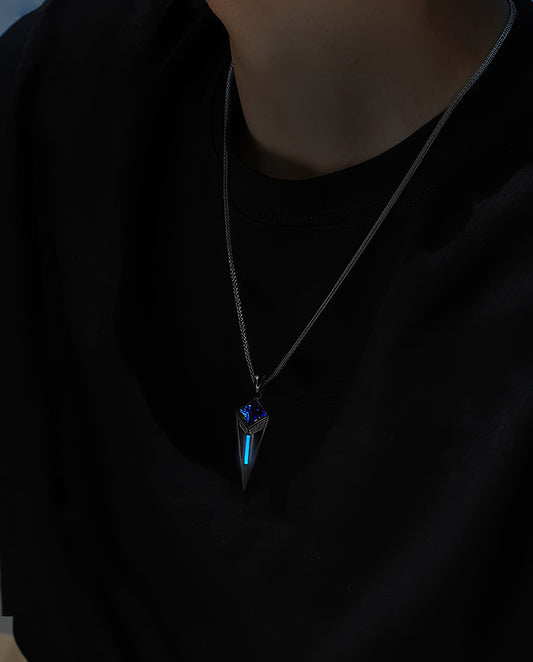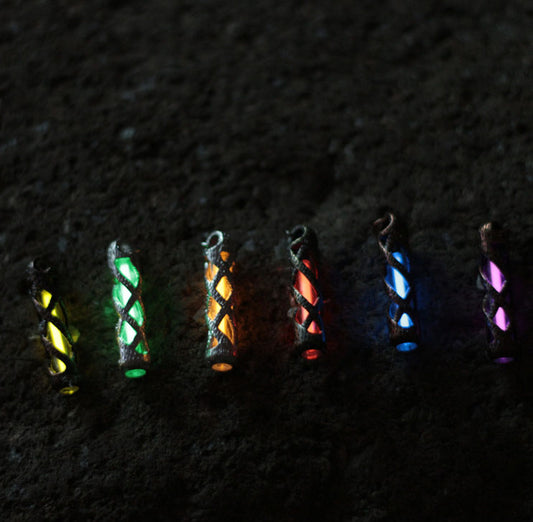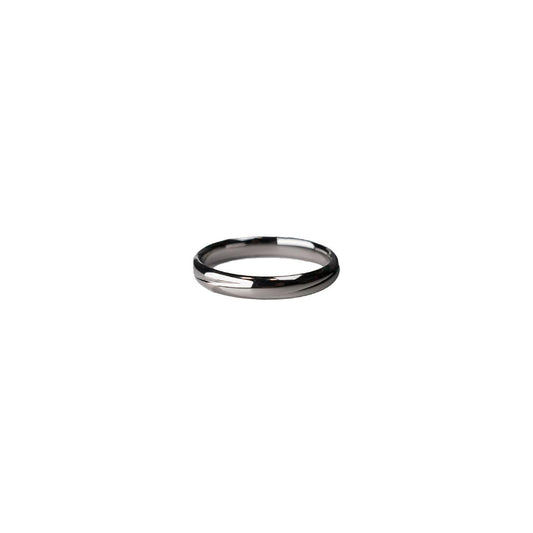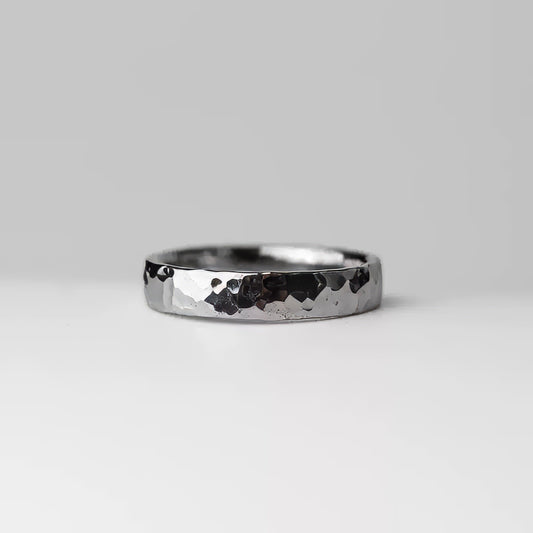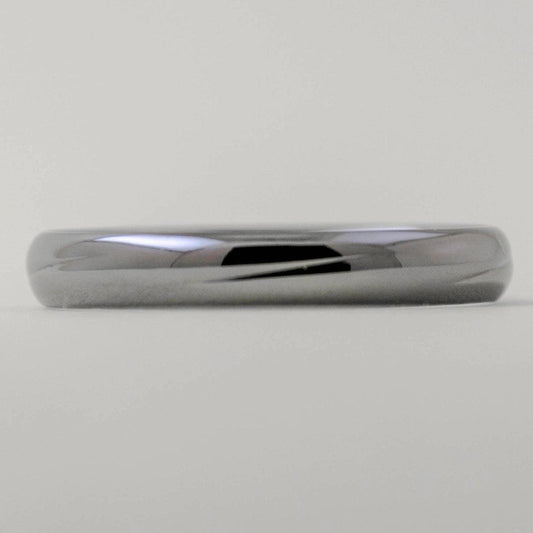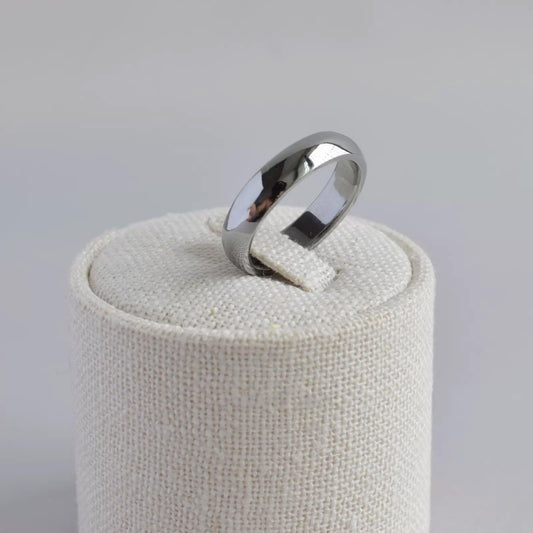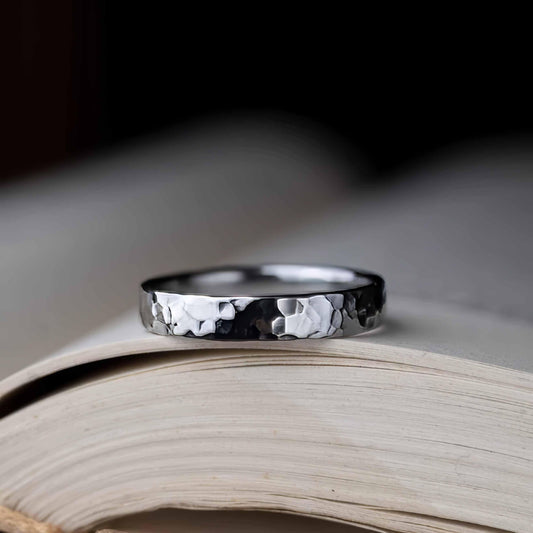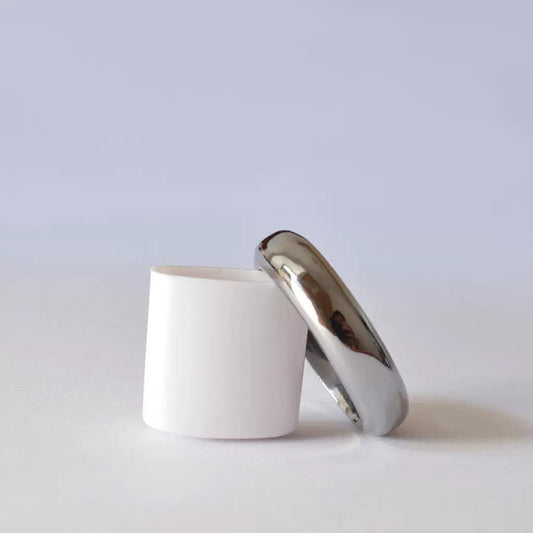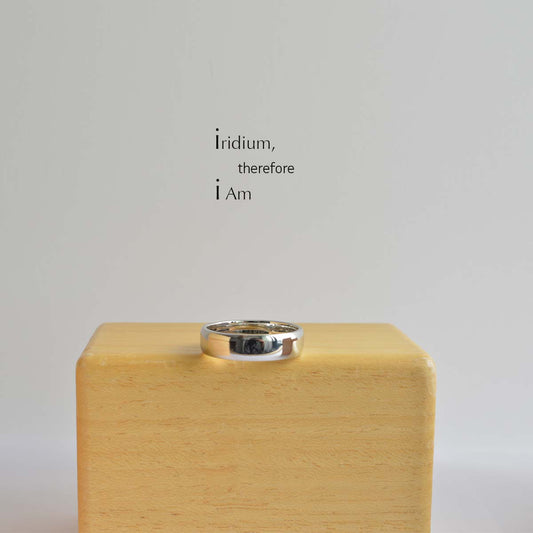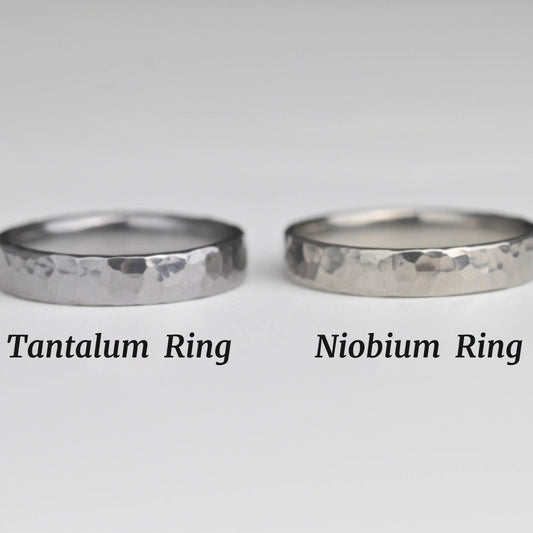The Subtle Language of Mens Ring Fingers
The Subtle Language of Mens Ring Fingers
When my uncle Joe first visited from Ireland, I couldn’t help but notice the silver band he wore on his ring finger. As a kid, I wondered why a man would wear a ring at all, let alone on that particular finger. That curiosity sparked a deep dive into the meanings and traditions associated with men's rings, a topic that blends culture, personal expression, and sometimes, simple practicality.
In many Western cultures, the left ring finger is famously known as the “ring finger” because it’s traditionally the place for wedding bands. This is rooted in a romantic belief that this finger contains a vein that runs directly to the heart—the vena amoris, or the "vein of love." Even though it's more poetic than anatomical (as all fingers have similar nerve structures), it’s a sentiment that endures. I remember thinking about that symbolism years later when I slipped a ring onto my own left ring finger, exchanging vows under an oak tree with my partner.
For men, the choice of which finger to wear a ring on can also be about style and signaling. In the United States, the index finger used to be a popular choice for men's rings—often a signet or a family crest. It was a way to display lineage and legacy. However, today, ring placement has become far more personal. Whether on the right or left hand, the ring finger remains a popular choice due to its simplicity and historical roots, ideal for those who want to convey a message of commitment without saying a word.
Materials play a significant role, too. A platinum or gold band is classic and timeless, reflecting a traditional taste. Conversely, contemporary materials like titanium or tungsten—often chosen for their durability—cater to an audience that values strength and practicality. A friend of mine, a mechanic by trade, opted for a tungsten band simply because it could withstand the wear and tear of his daily work. It’s fascinating how a ring can tell a story about a person’s lifestyle and values without uttering a sound.
Cultural differences add another layer of intrigue. In certain European countries, men wear their wedding bands on the right hand instead of the left. This difference can spark curious looks or even friendly debates about tradition versus modernity. When traveling, I like to observe these subtle differences. It’s a small reminder of how diverse customs can be, even when they revolve around something as seemingly simple as a ring.
The decision of where and how to wear rings is as unique as the person who wears them. Whether it’s a whisper of commitment, a shout of style, or anything in between, a ring on a man’s finger is a symbol worth paying attention to. Ultimately, these small bands carry stories and meanings that are as varied as the hands that bear them. And that, I suppose, is the beauty of it all—how such a small object can connect so deeply to the human experience.

